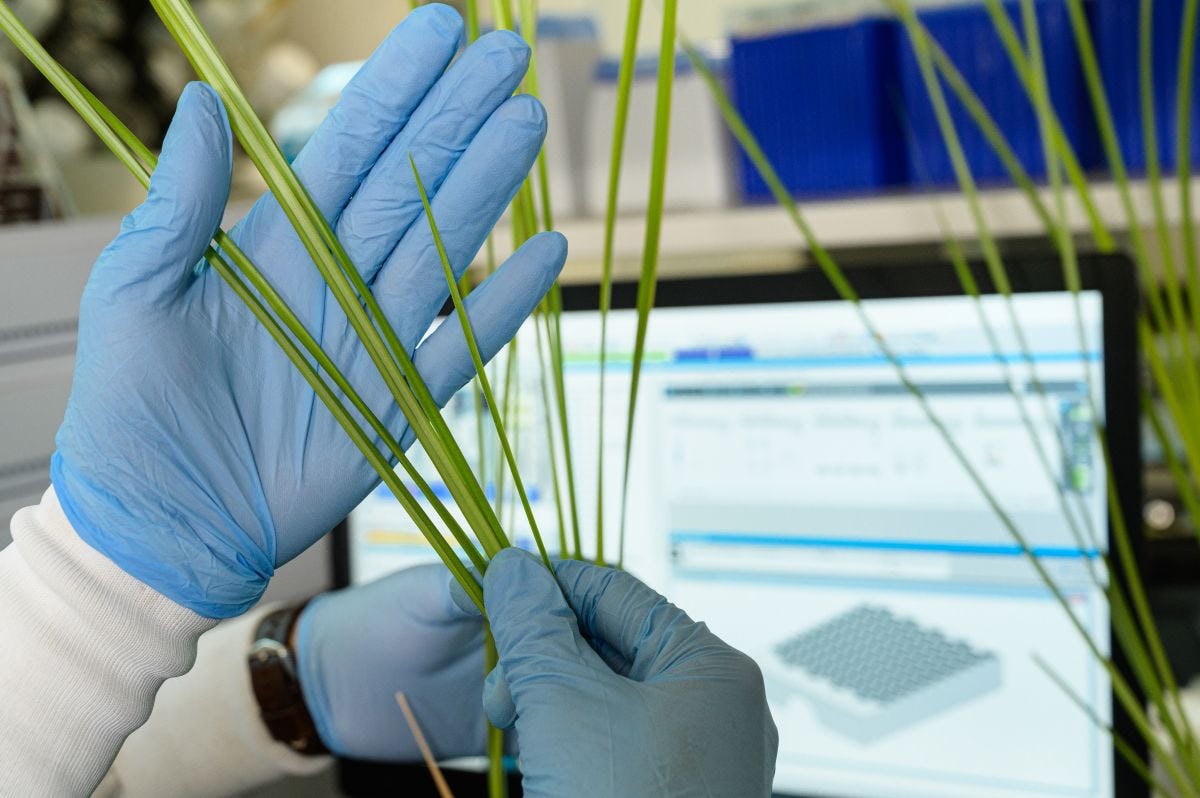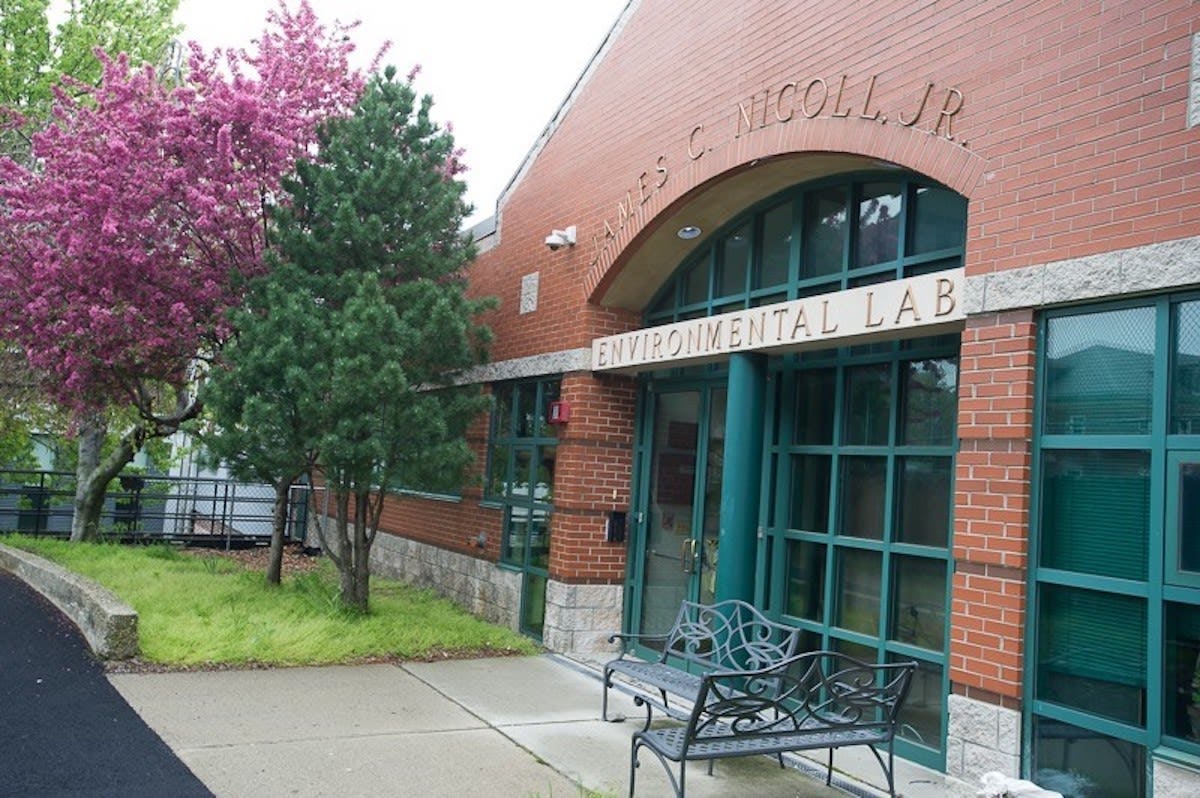 Environmental Sustainability Laboratory
Environmental Sustainability Laboratory
The Environmental Sustainability Laboratory (ESL) is an environmental research unit associated with the Department of Civil, Environmental and Ocean Engineering (CEOE) and the Center for Environmental Systems (CES). Founded and directed by Dr. Dibyendu ‘Dibs’ Sarkar, Professor of Environmental Engineering and Founding Director of the MS and MS-MBA programs in Sustainability Management, ESL is dedicated to addressing critical environmental issues through sustainable and innovative approaches based on a holistic and multidisciplinary framework.
The ESL consists of a wet laboratory with bench space to accommodate six people working simultaneously, an office with desk space for three people, analytical instrumentations and a climate-controlled greenhouse. Most of the research endeavors in the ESL is geared toward developing easy-to-implement green technologies for environmental remediation of both legacy and emerging contaminants that are sustainable from both ecological and financial viewpoints, as well as socially acceptable.
ESL members come from multiple disciplines, including – but not limited to – environmental engineers, chemical engineers, geochemists, analytical chemists, biomedical scientists, molecular biologists, biochemists, microbiologists, plant biologists, etc., who collaborate to develop holistic solutions to multi-faceted environmental problems, particularly those related to protection of human and ecosystem health. Most of the ESL projects are funded by federal and state government funding agencies, but treatability studies sponsored by environmental companies are also performed on a regular basis.



